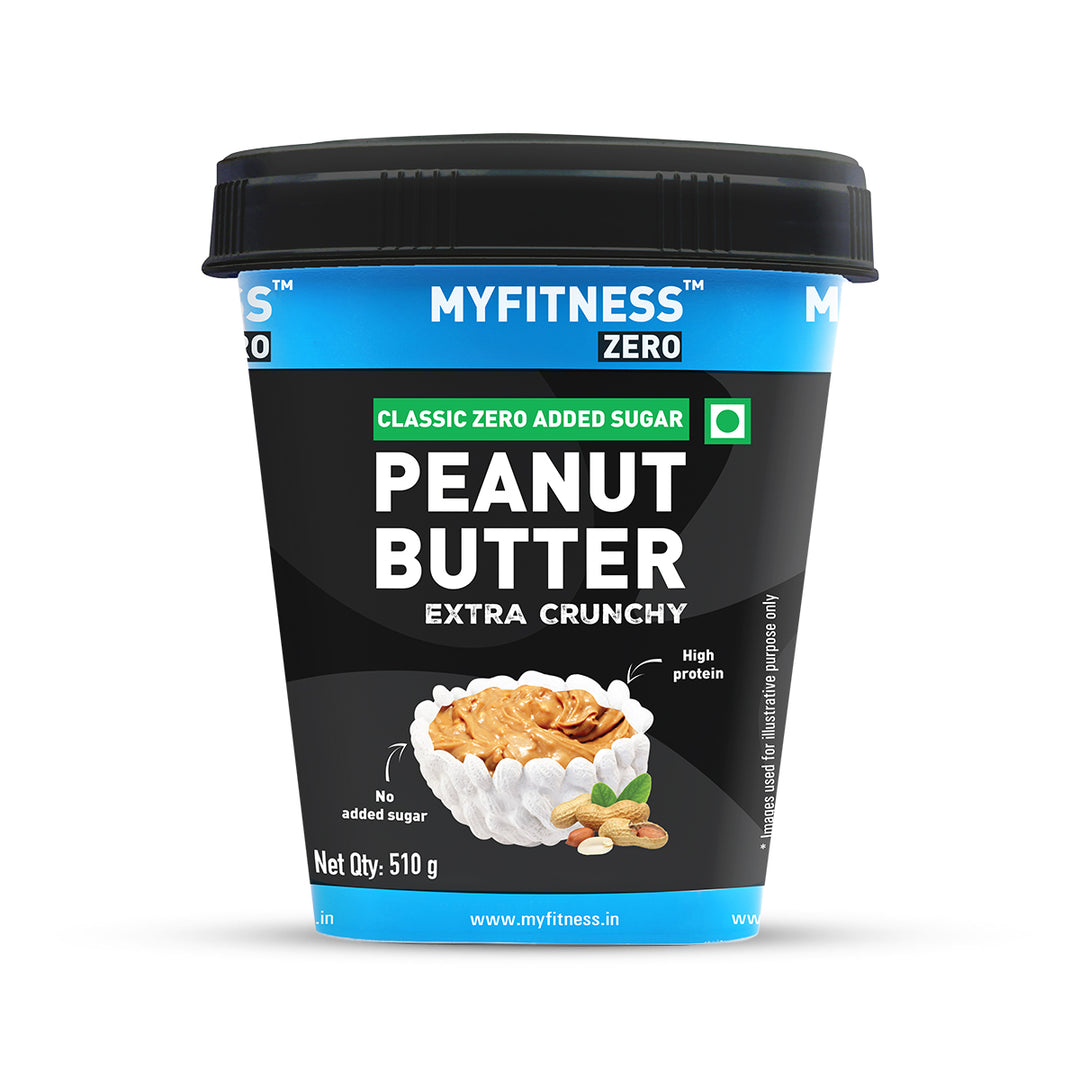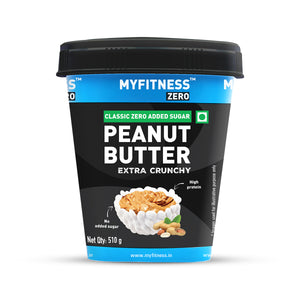Peanut Butter Allergies: How to Stay Safe and Enjoy the Taste
Peanut butter is a beloved spread that is enjoyed by many, but for some individuals, it can cause a severe allergic reaction. Peanut butter allergy is a common food allergy, and it's essential to understand the facts and peanut butter nutrition to prevent an allergic reaction.
In this article, we will discuss all you need to know about peanut butter and allergies, including the importance of peanut butter for non-allergic individuals.
Peanut butter is made from ground, roasted peanuts. It is a rich source of protein, healthy fats, and various essential vitamins and minerals. Peanut butter is also a popular ingredient in many recipes, including sandwiches, cookies, and sauces. It is a staple in many households and can be a great addition to a healthy diet.
However, for individuals with a peanut butter allergy, consuming this spread can cause a severe and potentially life-threatening reaction. A peanut butter allergy is caused by an immune system reaction to proteins found in peanuts. When an individual with a peanut butter allergy eats peanuts or a product that contains peanuts, their immune system mistakes the peanut proteins for harmful invaders and releases histamine and other chemicals to fight off the supposed threat. This reaction can cause a range of symptoms, including hives, itching, swelling, difficulty breathing, and anaphylaxis.
To prevent an allergic reaction, individuals with a peanut butter allergy must strictly avoid peanuts and products that contain peanuts. This can be challenging as peanuts and peanut butter are commonly used in many processed foods. It's important to read ingredient labels carefully and to ask about the ingredients when eating at restaurants.
It's also important to understand that a peanut allergy can be severe and even life-threatening. Anaphylaxis is a severe and potentially fatal allergic reaction that requires immediate medical attention. Symptoms of anaphylaxis include difficulty breathing, swelling of the face, throat, or tongue, and a rapid or weak pulse. If an individual experiences these symptoms, they should use an epinephrine auto-injector (if they have one) and seek immediate medical attention as soon as possible.
For those who do not have peanut butter allergies can consume it safely but it is important to understand peanut butter facts. Peanut butter is a rich source of protein, healthy fats, and various essential vitamins and minerals. Two tablespoons of peanut butter contain around 190 calories, 16 grams of healthy fat, and 8 grams of protein. Peanut butter is also a good source of vitamin E, magnesium, and potassium. These nutrients can be beneficial for maintaining a healthy heart, supporting bone health, and providing energy throughout the day.
In addition to its nutritional benefits, peanut butter can also be a convenient and affordable option for those looking to add more protein to their diet. It can be easily added to a variety of dishes such as smoothies, oatmeal, and even used as a dip for fruits and vegetables. It's also a great option for vegetarians and vegans as a source of plant-based protein.
However, it's important to note that not all peanut butters are created equal. It's essential to choose a peanut butter that has less oil separation & contains no added vegetable oils. These added ingredients can decrease the nutritional value of peanut butter & might contribute to weight gain if consumed excessively.
In conclusion, peanut butter is a beloved, convenient and affordable spread that is enjoyed by many, but it can be life- threatening for some individuals. Hence it is important to check the packaging before consuming it.
Overall, peanut butter can be a delicious and nutritious addition to a healthy diet for non-allergic individuals, but it is important for those with peanut allergies to take necessary precautions to avoid an allergic reaction.















